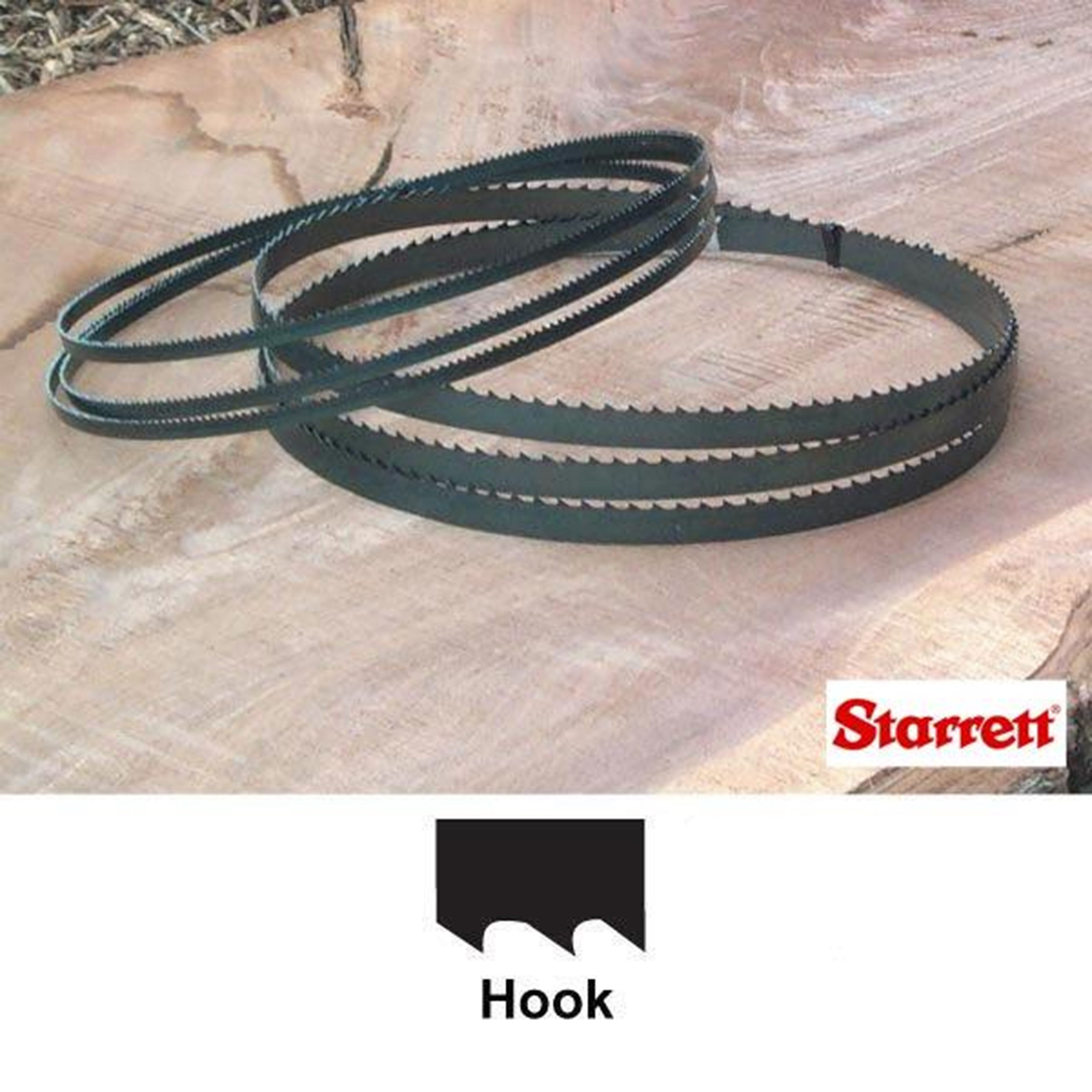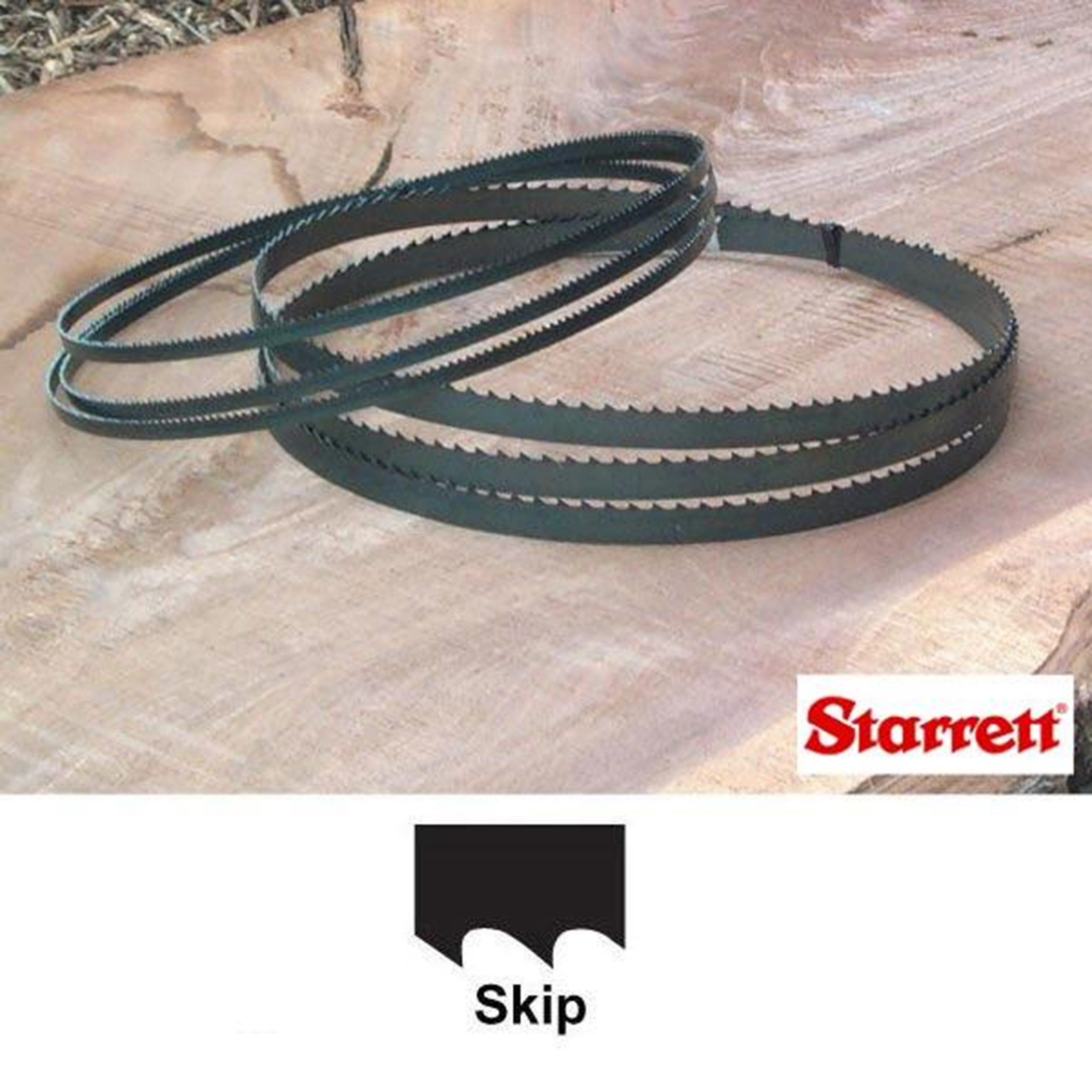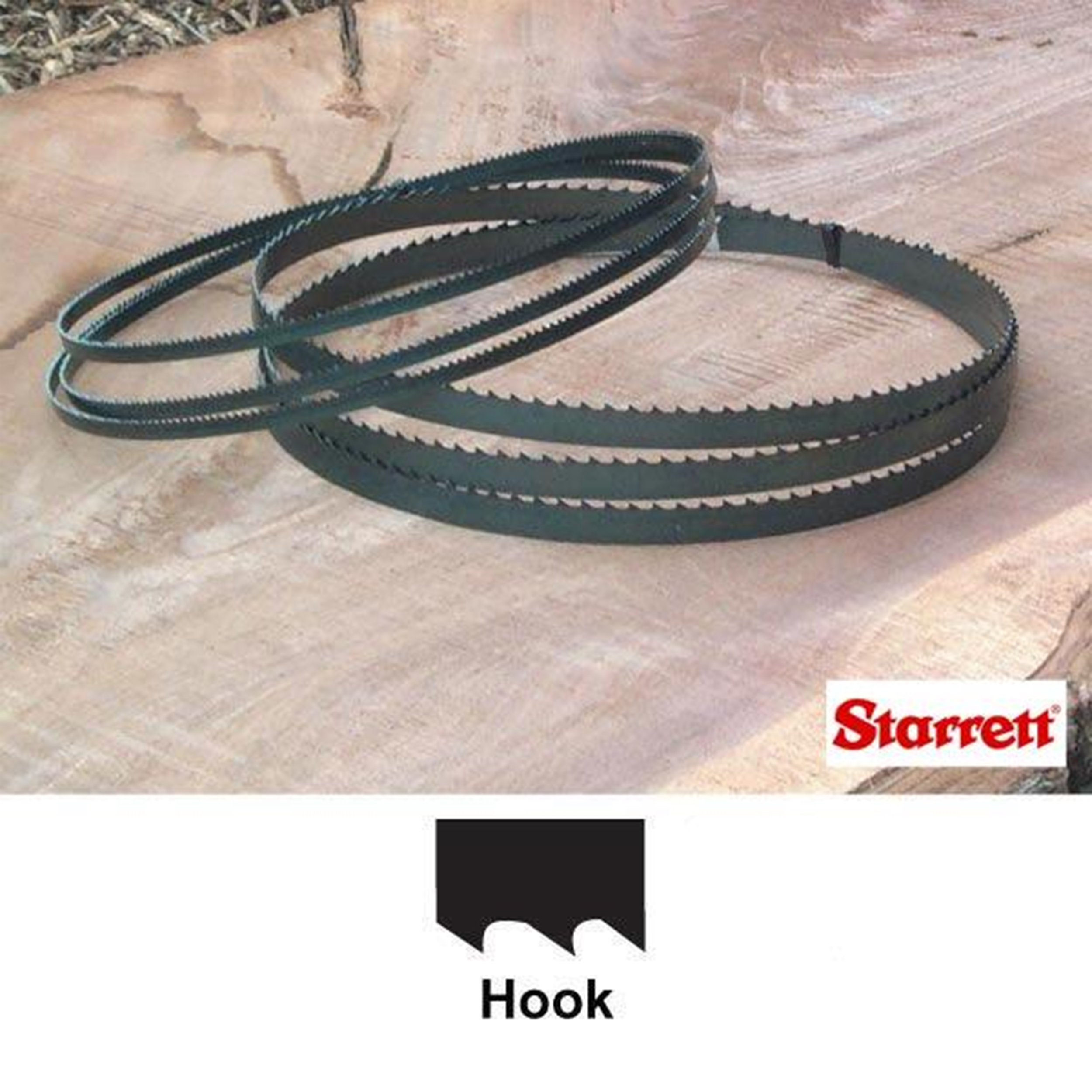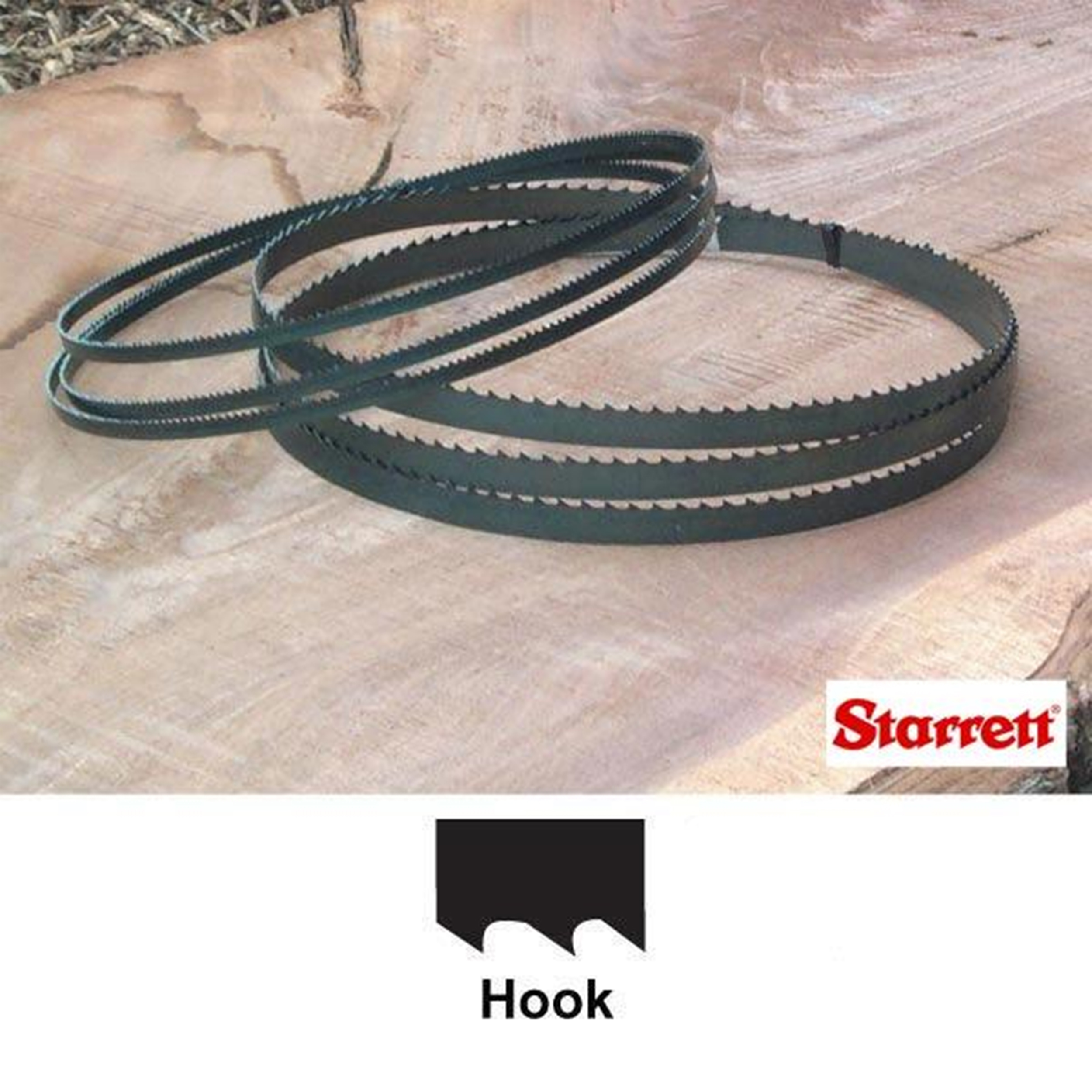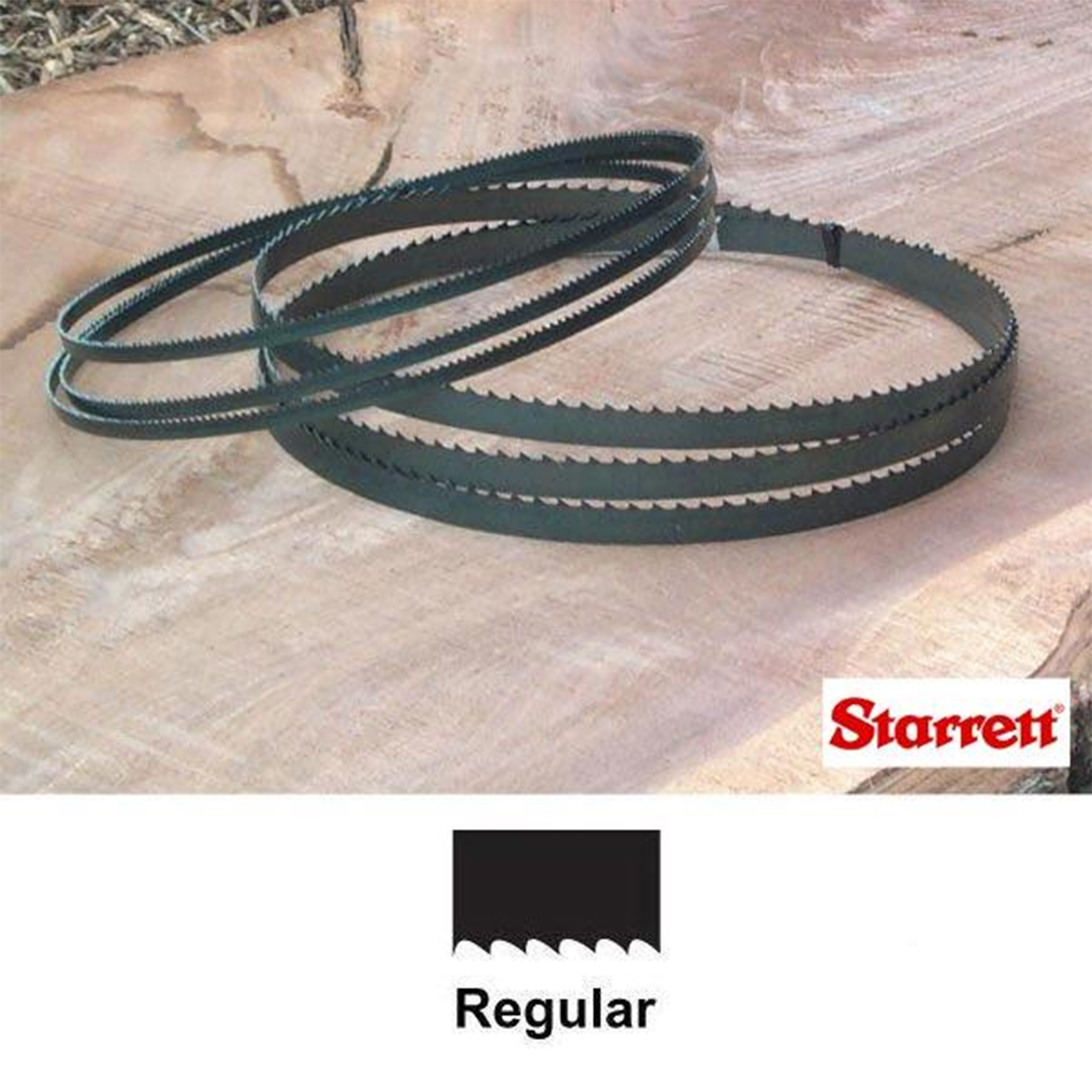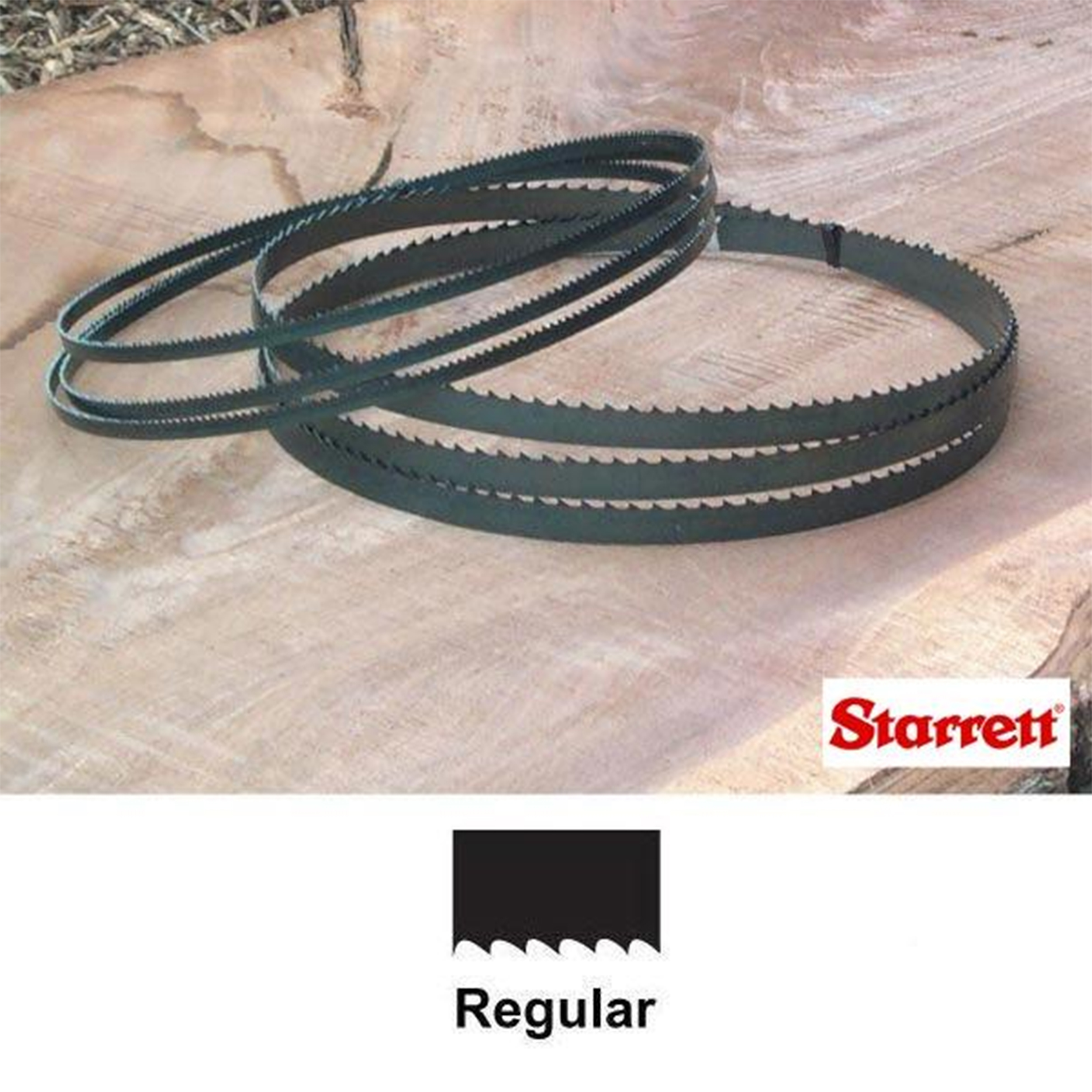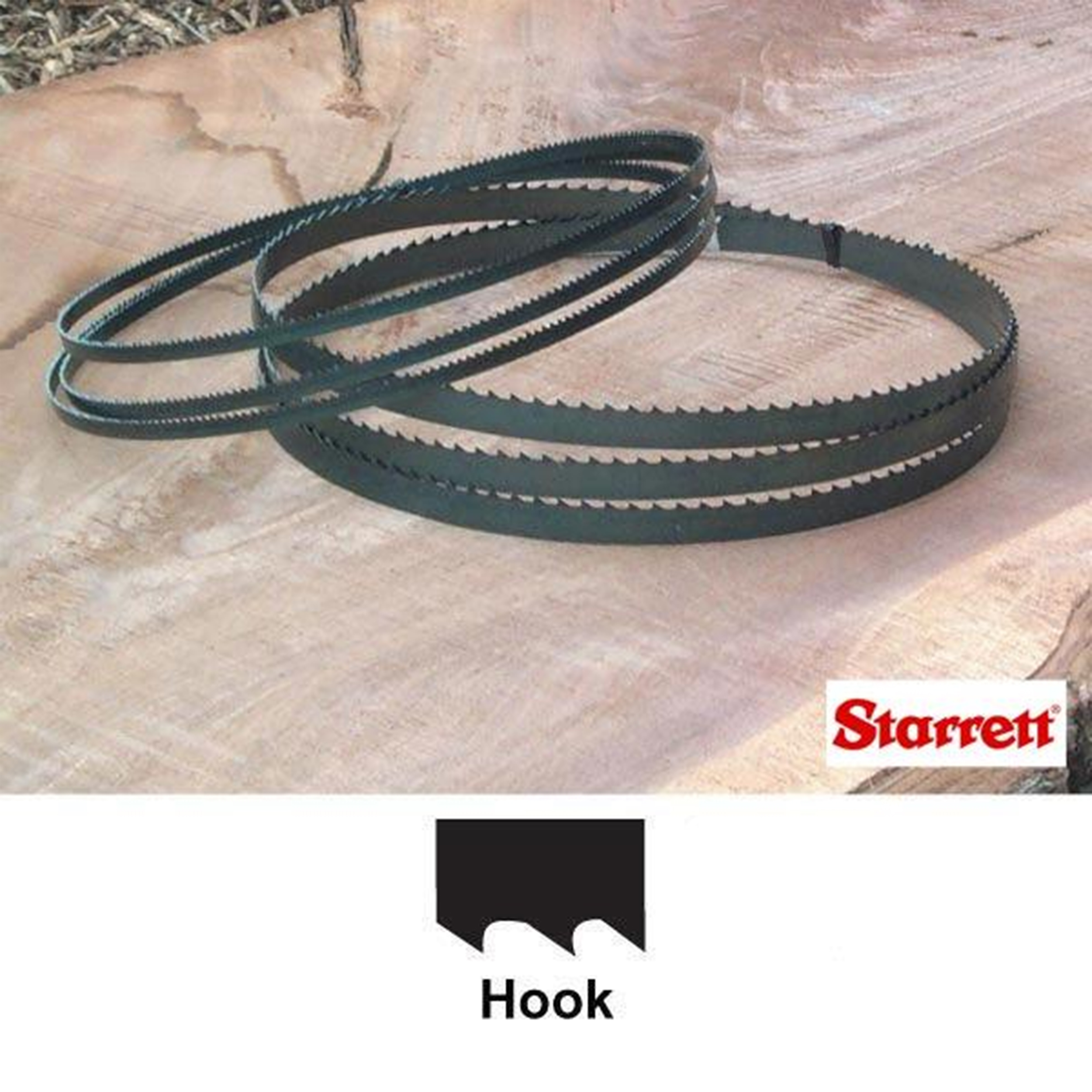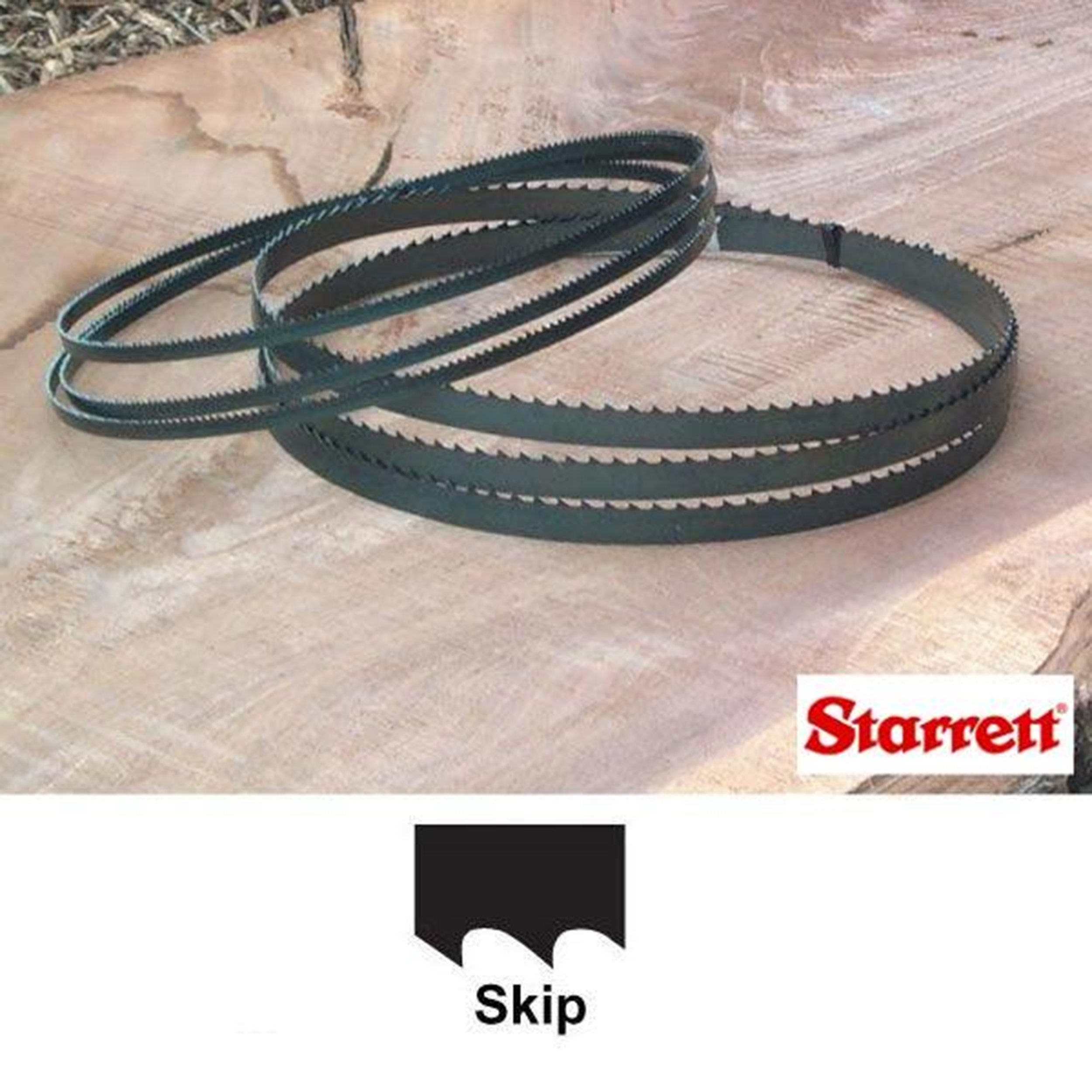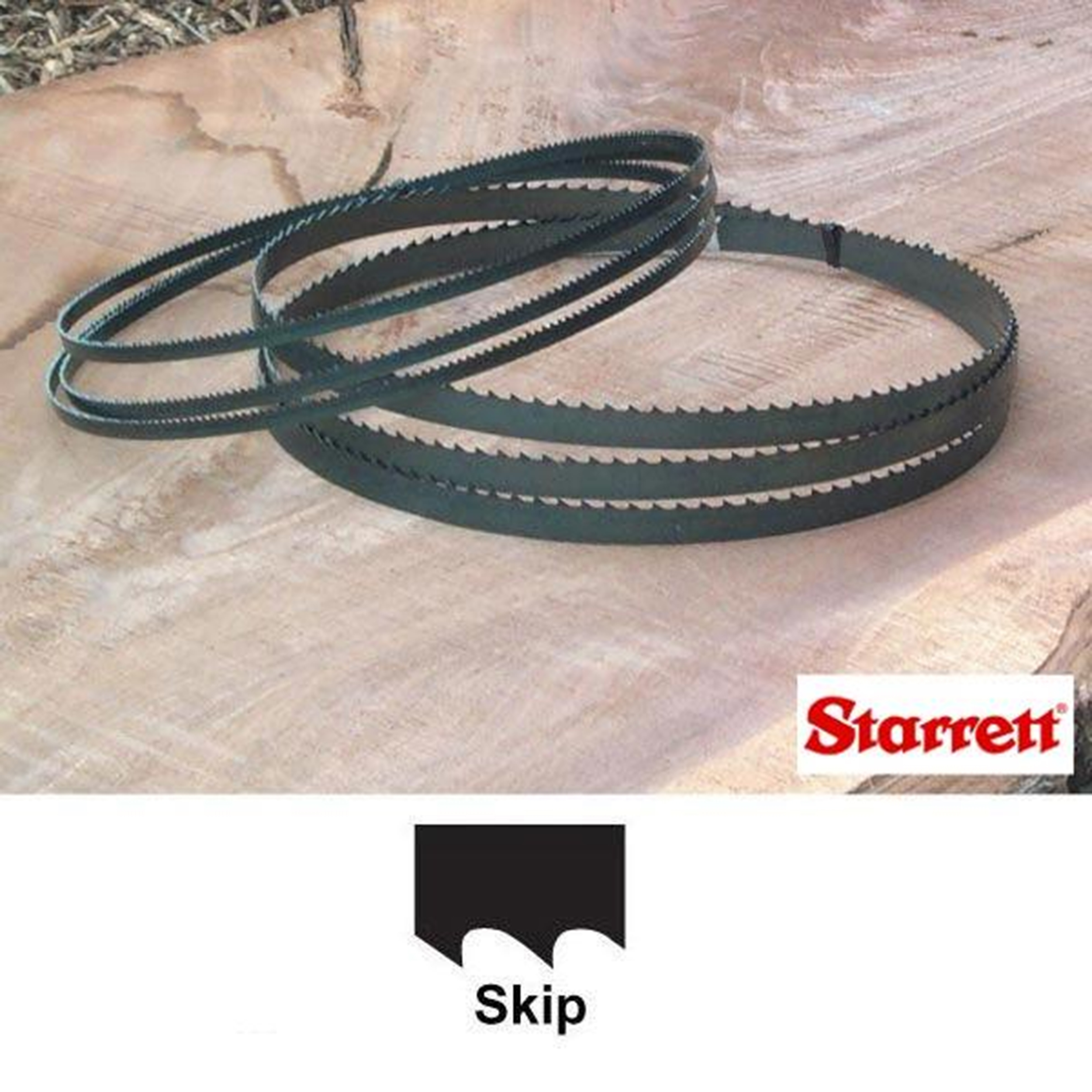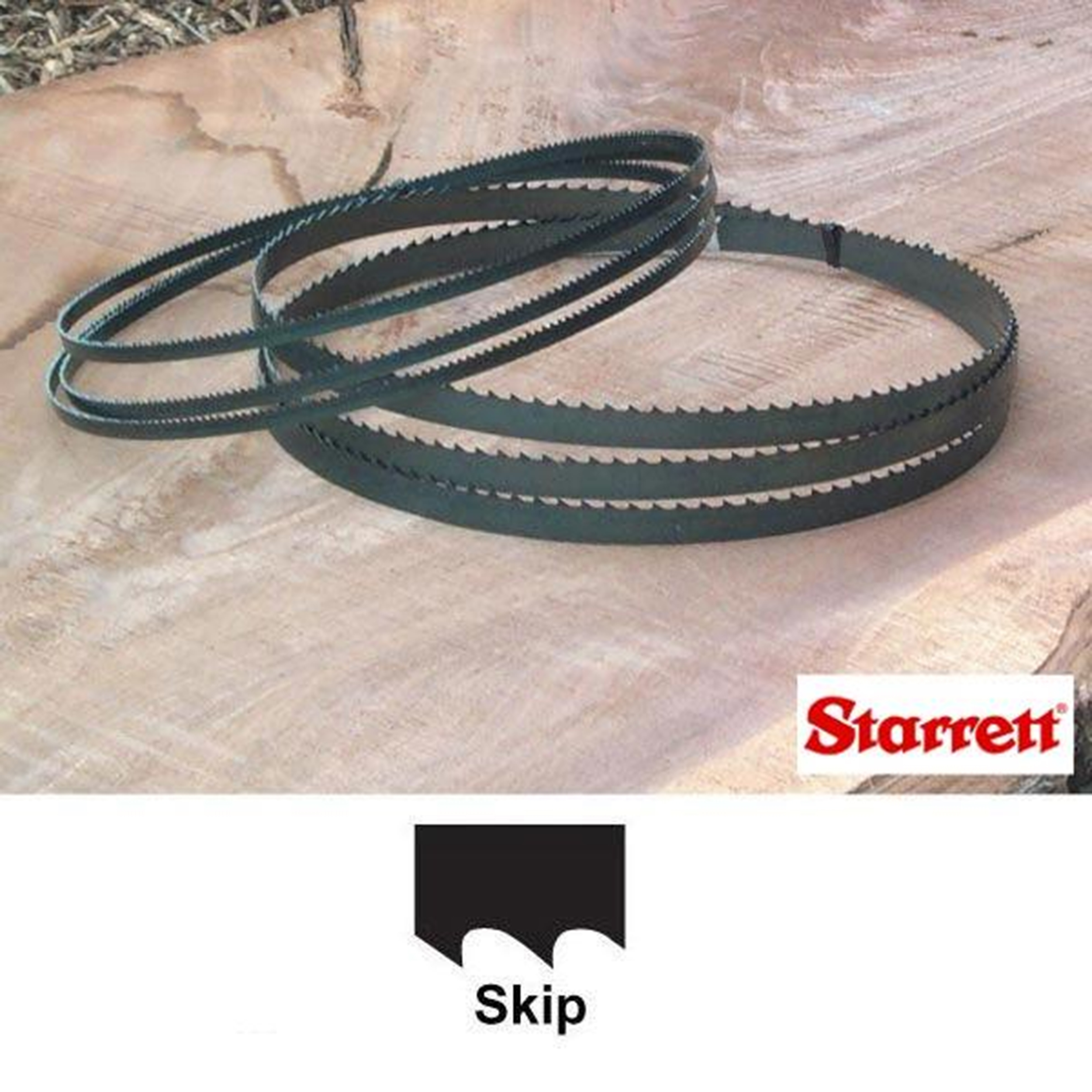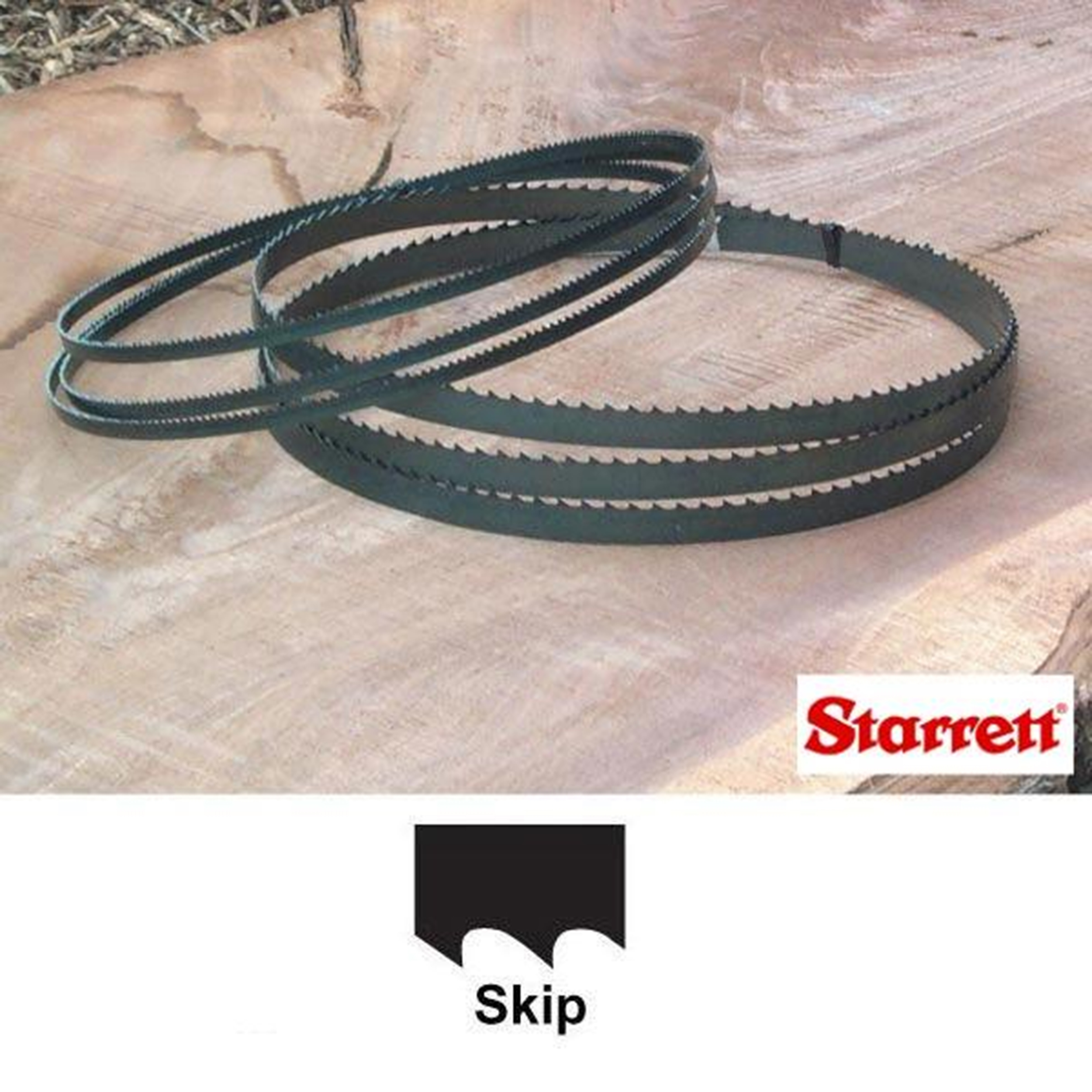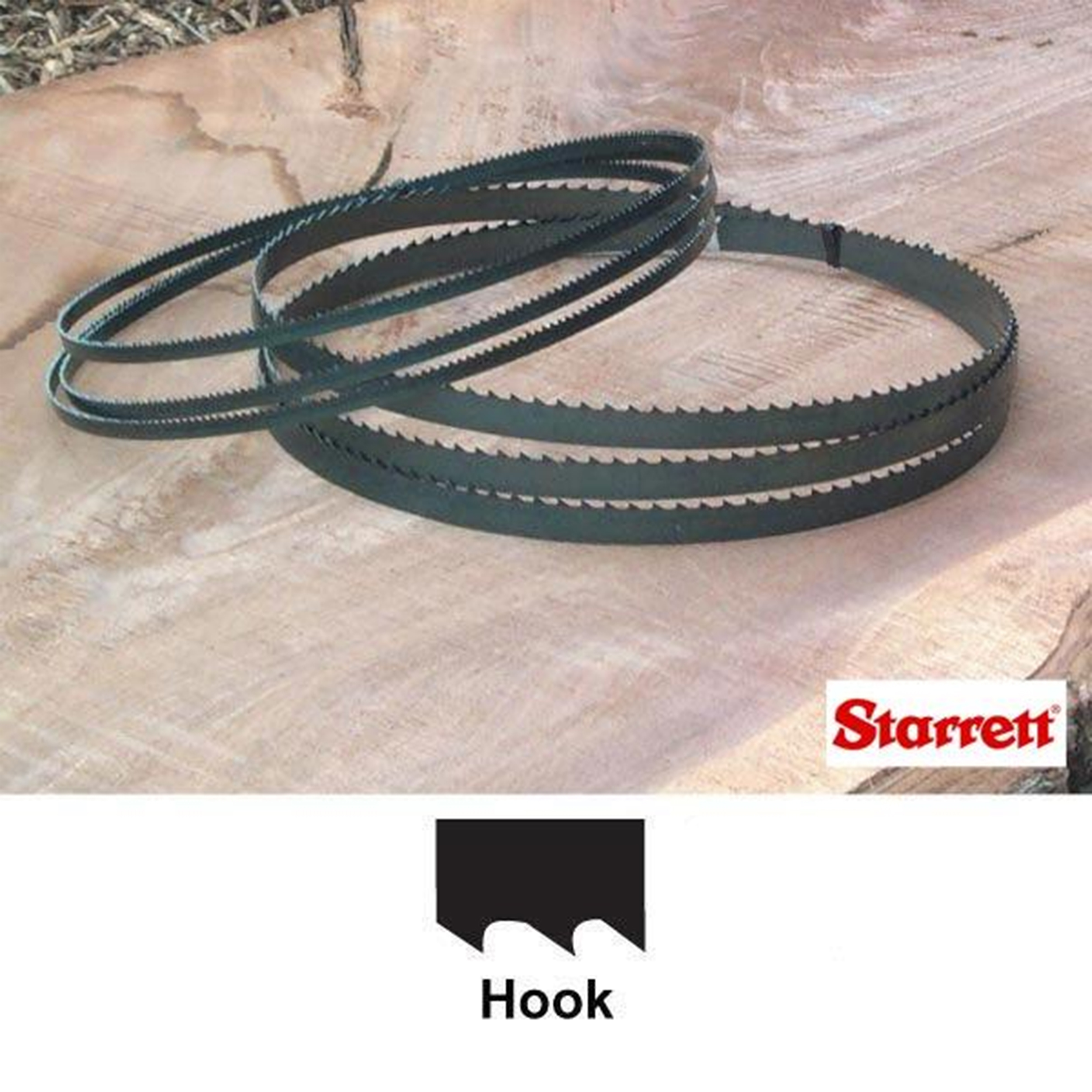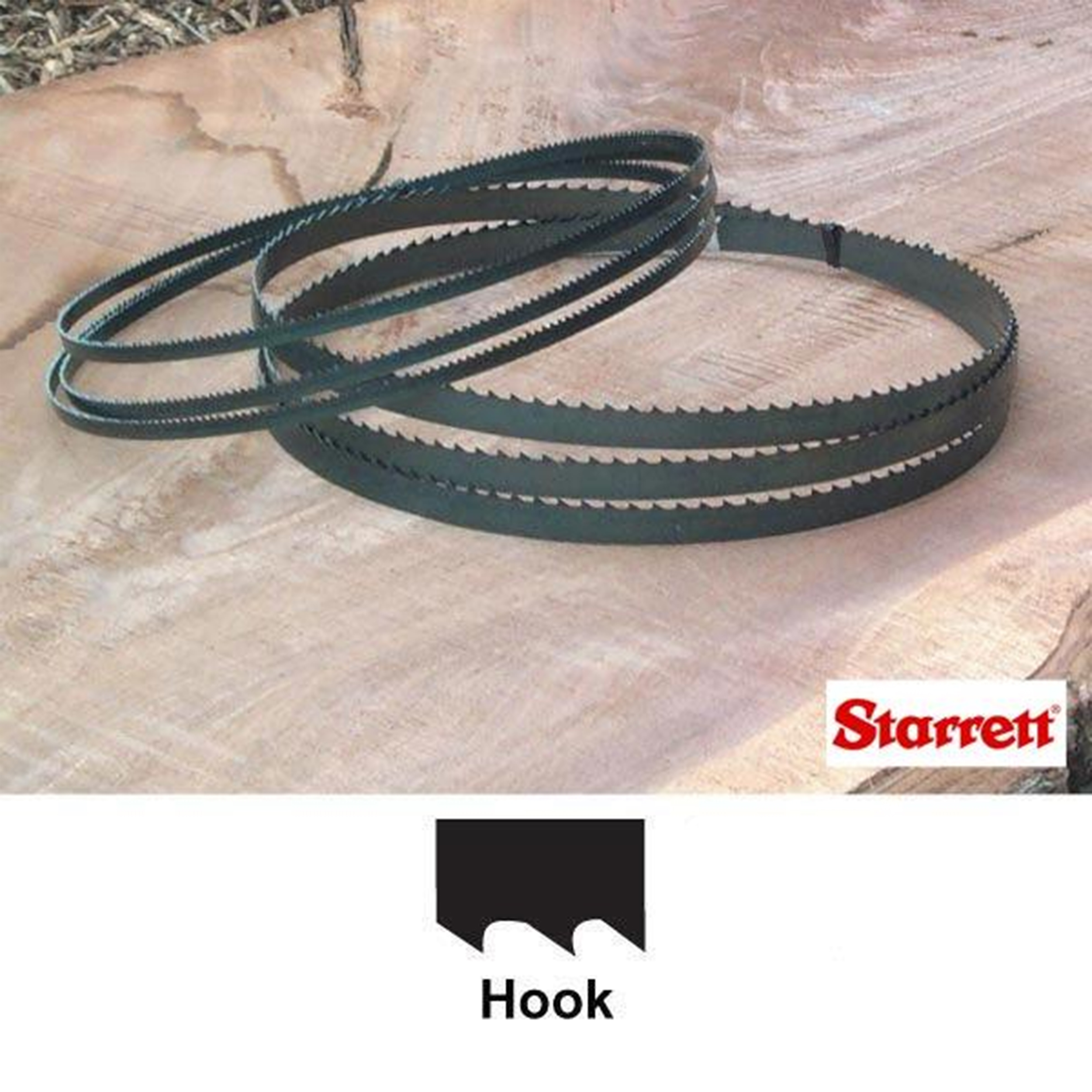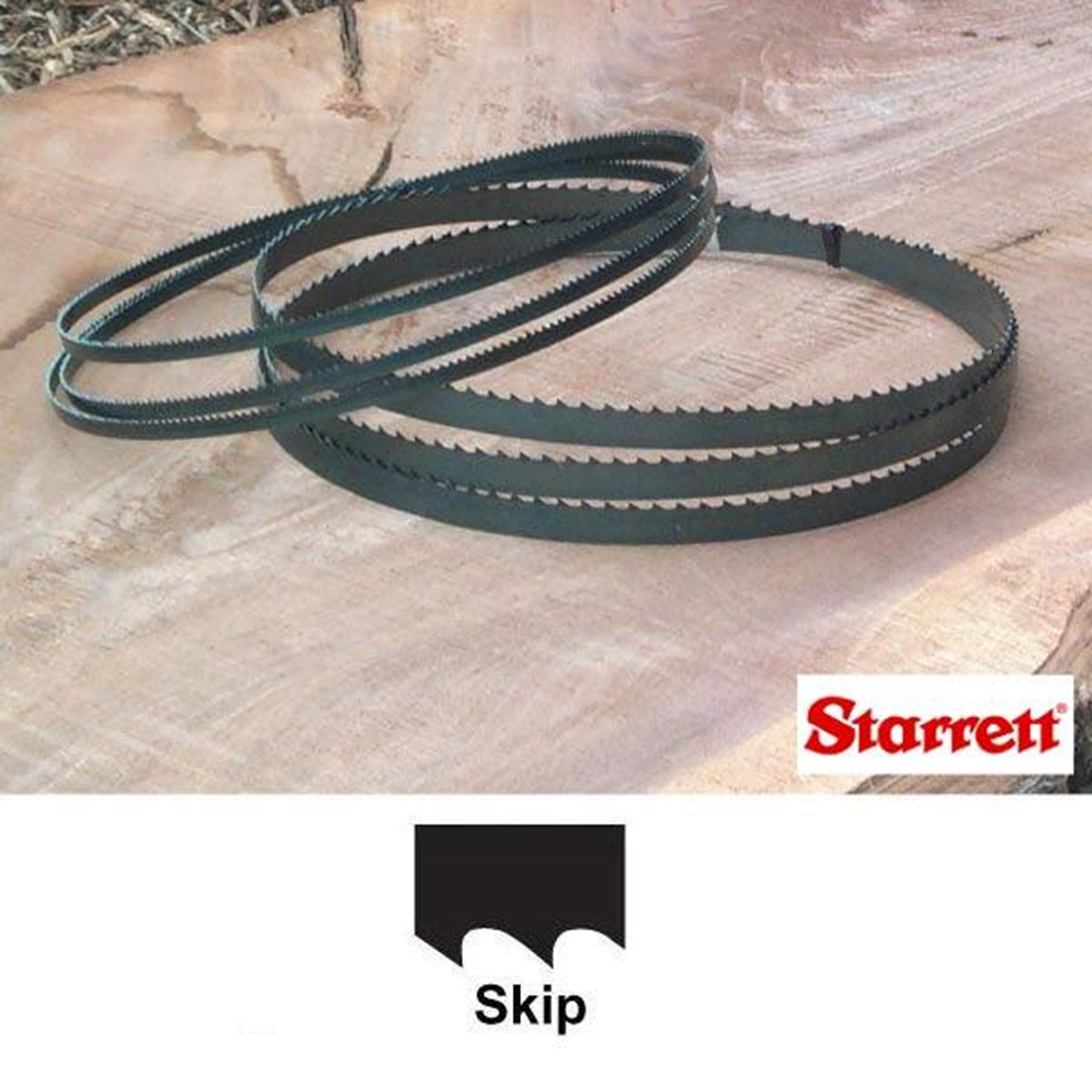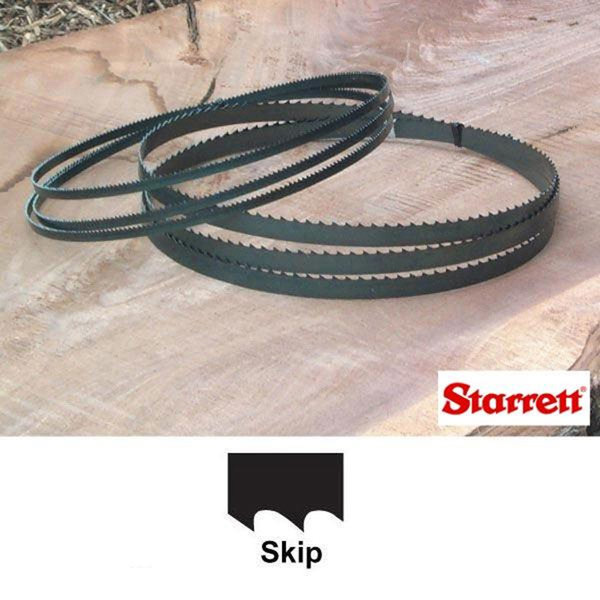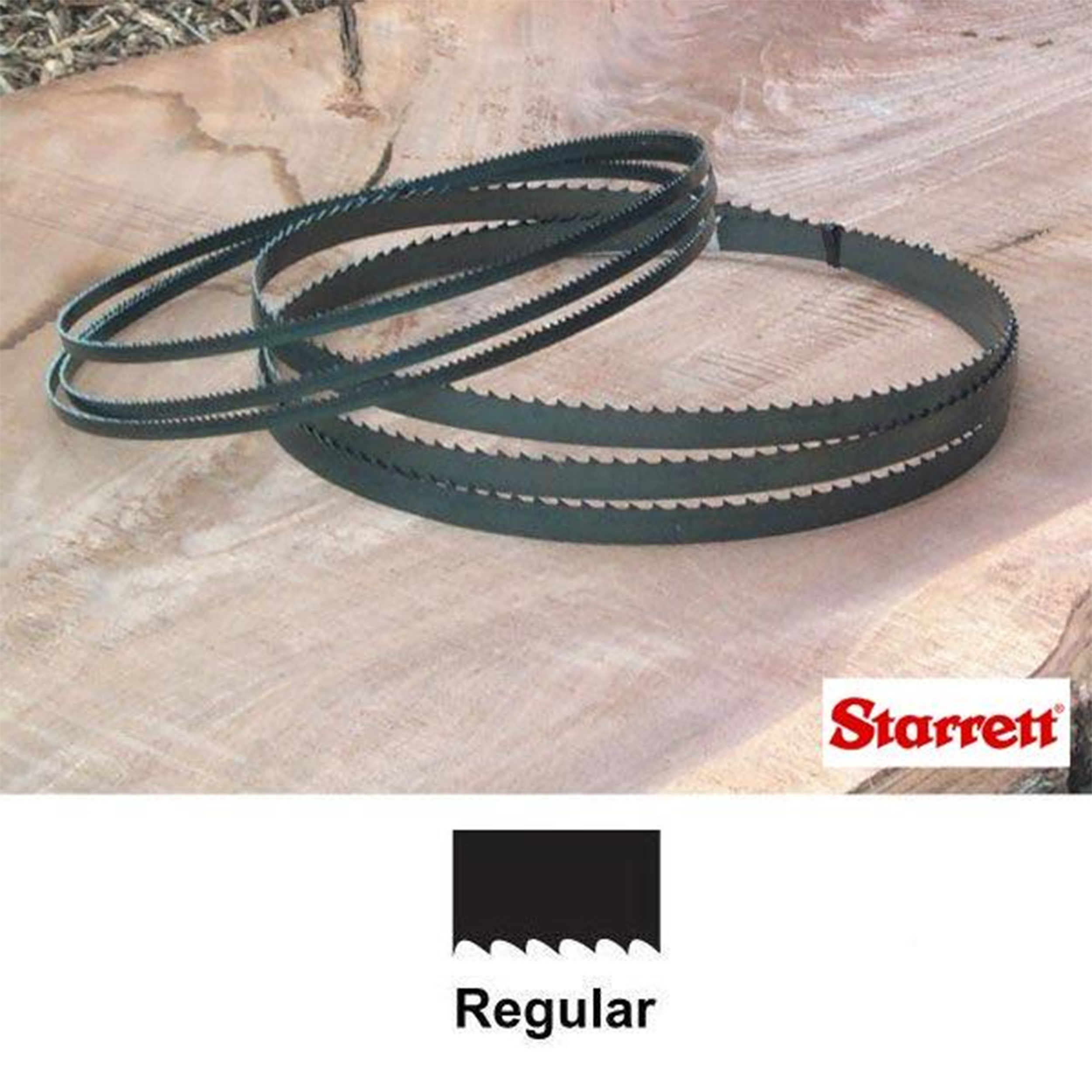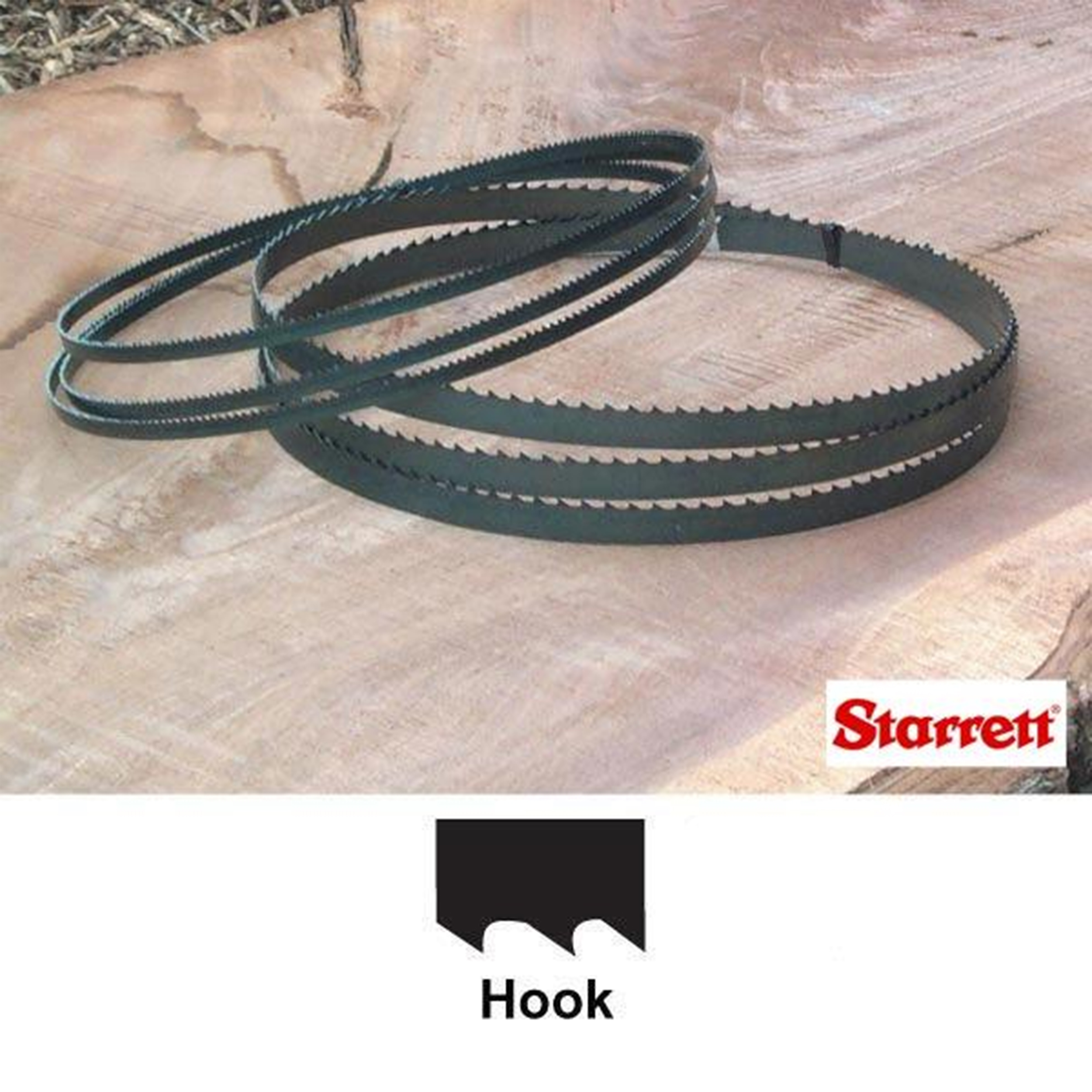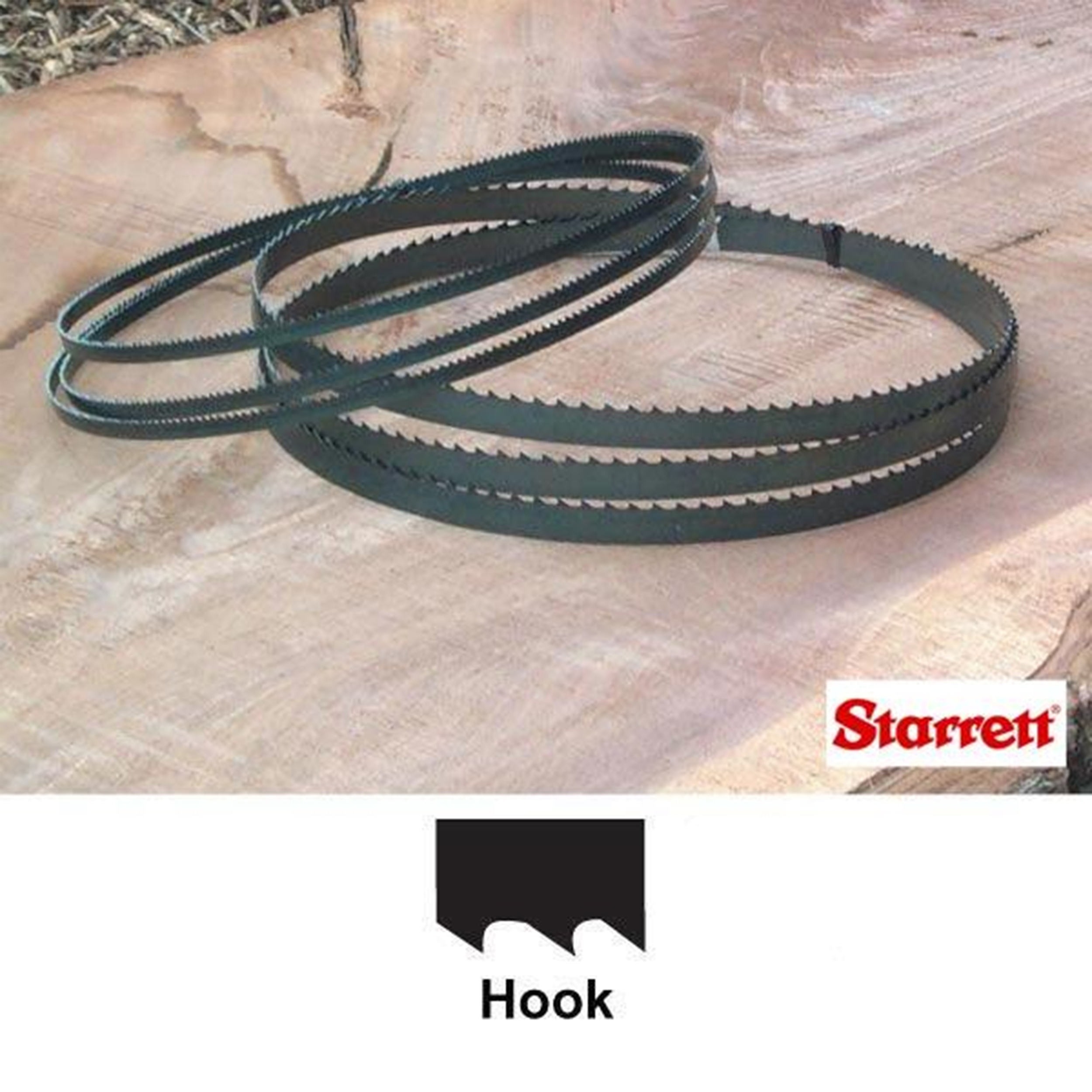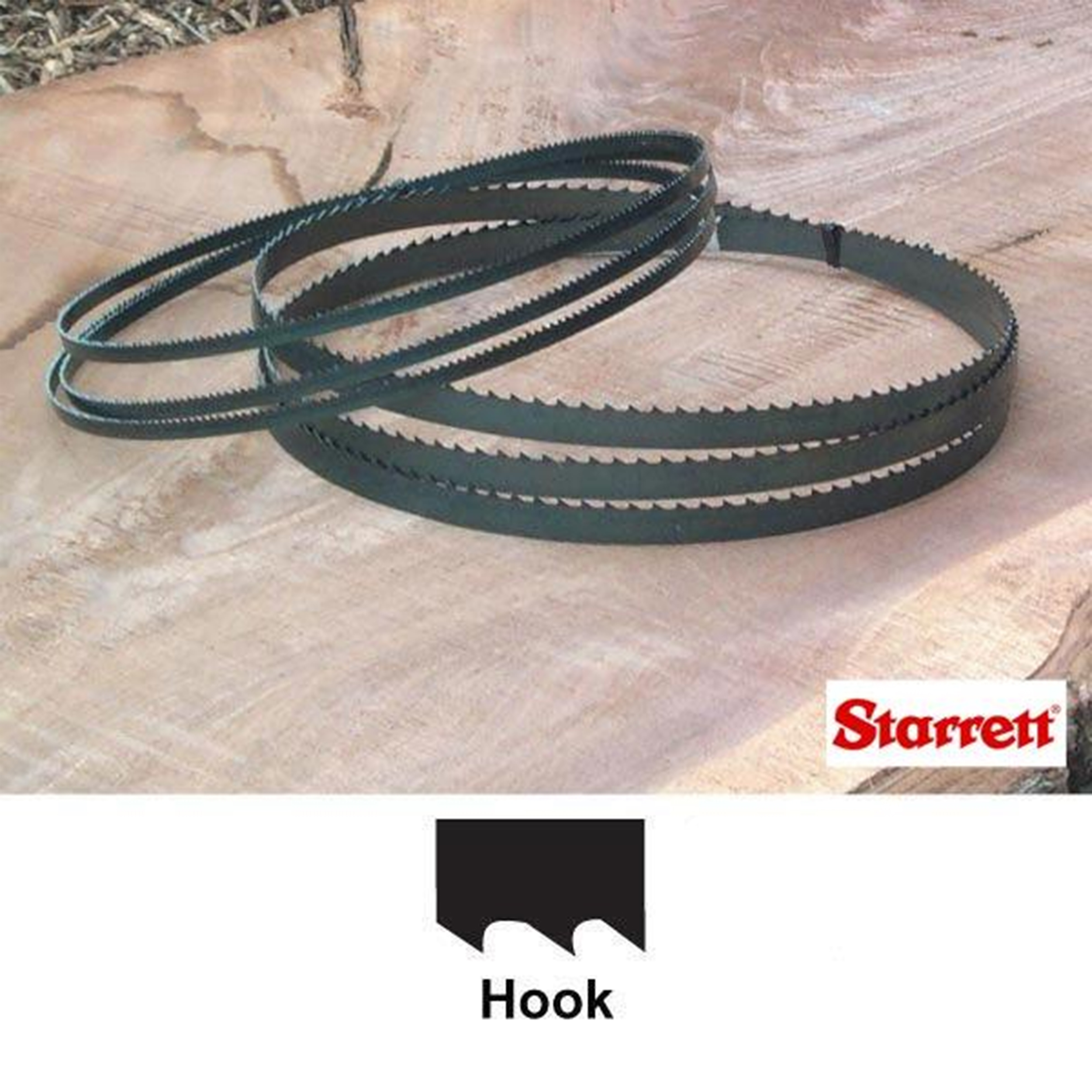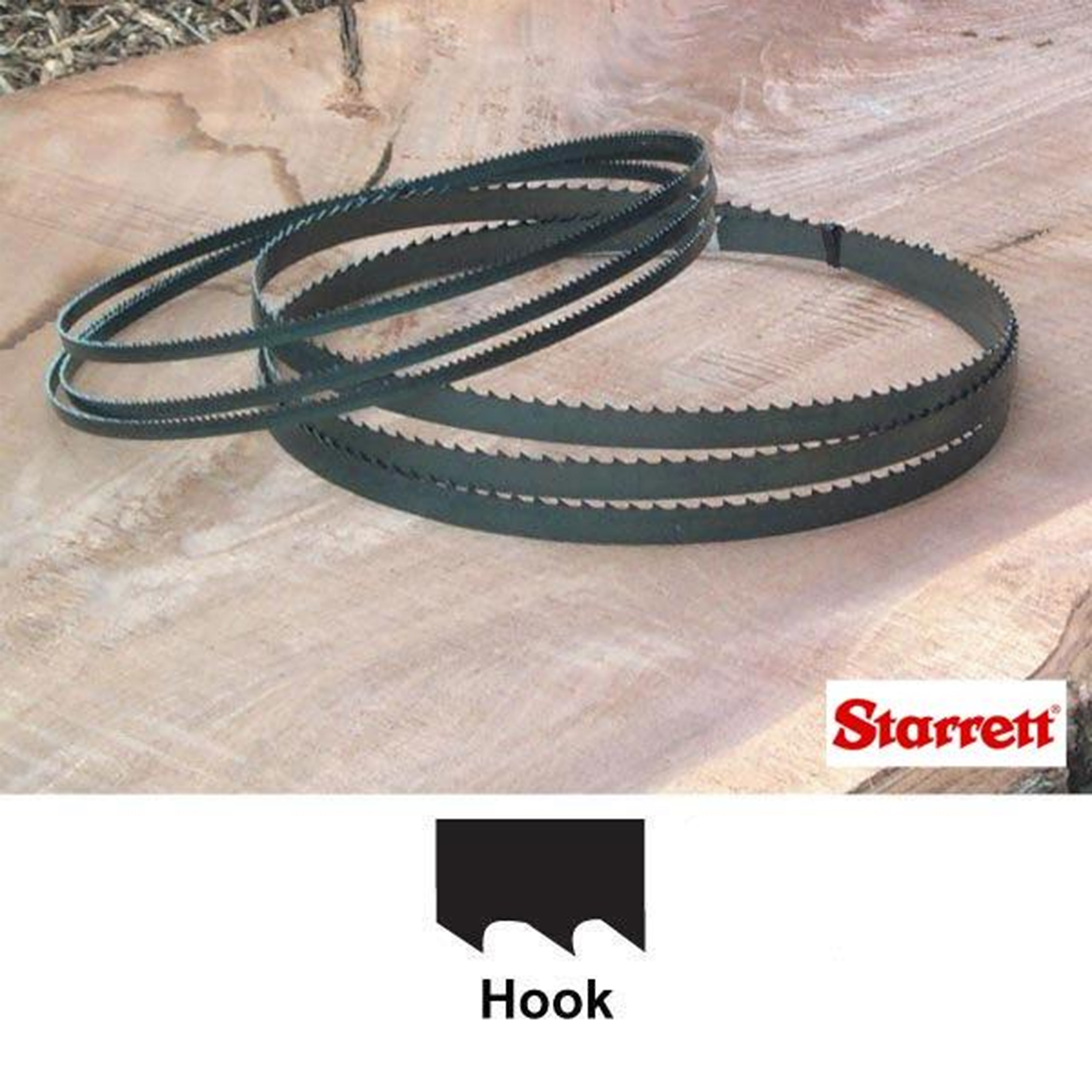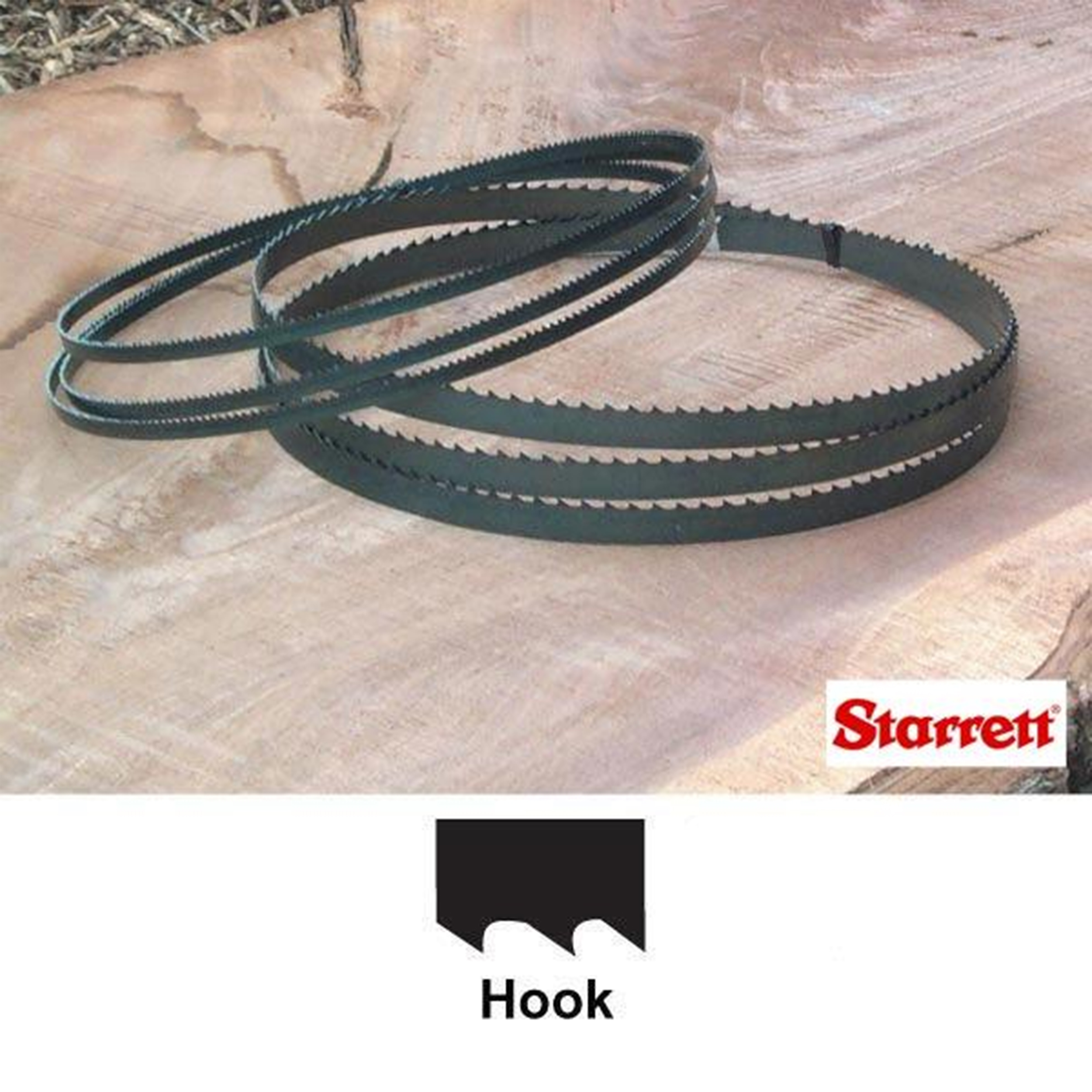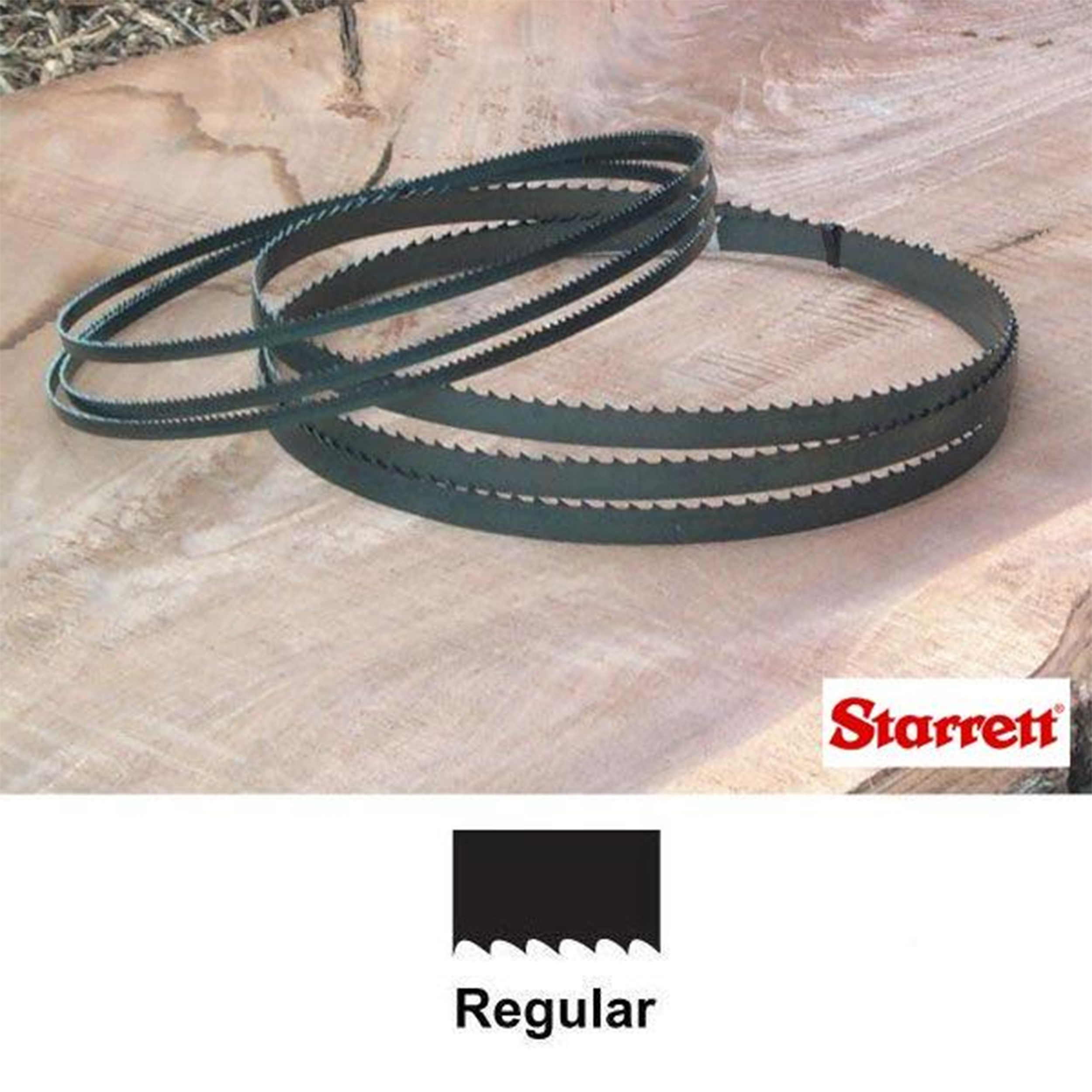
Starrett Duratec SFB Bandsaw Blade - 133" x 1/4" x .025" - 6 TPI - Regular
Product information for Starrett Duratec SFB Bandsaw Blade - 133" x 1/4" x .025" - 6 TPI - Regular
Get smooth, accurate cuts every time with the Starrett Duratec SFB 6 TPI regular tooth bandsaw blade. Built from premium carbon steel, this blade offers excellent durability, flexibility, and edge retention, making it a dependable choice for both professionals and hobbyists. The 6 TPI regular tooth configuration produces a fine, clean finish while maintaining efficient cutting speed, reducing the need for sanding or cleanup. Its 1/4" width delivers the perfect blend of control for straight cuts and maneuverability for gentle curves, making it ideal for woodworking, cabinetry, and craft applications. Capable of cutting hardwoods, softwoods, and certain plastics, the Duratec SFB ensures reliable performance and consistent results on a wide range of projects. Features: Flexible carbon steel back Fine tooth pitch for smooth cuts Cuts hardwood and softwood For all vertical/stationary two-wheel bandsaws Specifications: Blade Length: 133" Blade Width: 1/4" Blade Thickness: .025" Pitch (Teeth Per Inch): 6 TPI Tooth Profile: Regular Set Type: Raker Rake Angle: Straight (Zero) rake Pitch Type: Constant - All teeth on the blade have uniform spacing, gullet depth and rake angle throughout the full length Applications: Wood, composites, plastics, MDF and nonferrous metals What's Included: (1) Starrett - Duratec SFB Bandsaw Blade - 133" x 1/4" x .025" - 6 TPI - Regular Notes: Consider the following when selecting a bandsaw blade: Blade Length: Check the user's manual or manufacturer's website for details. Blade Width (Straight Cuts): Use the widest blade possible. Blade Width (Circle or Radius Cuts): The smaller the blade width, the smaller the radius, or tighter the circle you will be able to cut out. Pitch/Teeth Per Inch (TPI): Choose a coarser pitch if the speed of the cut is most important. Choose a fine pitch if the finish is most important. Tooth design or the combination of these variables (tooth shape, position, set, type and spacing) will determine whether the blade can move through your material without binding or becoming clogged with chips.

